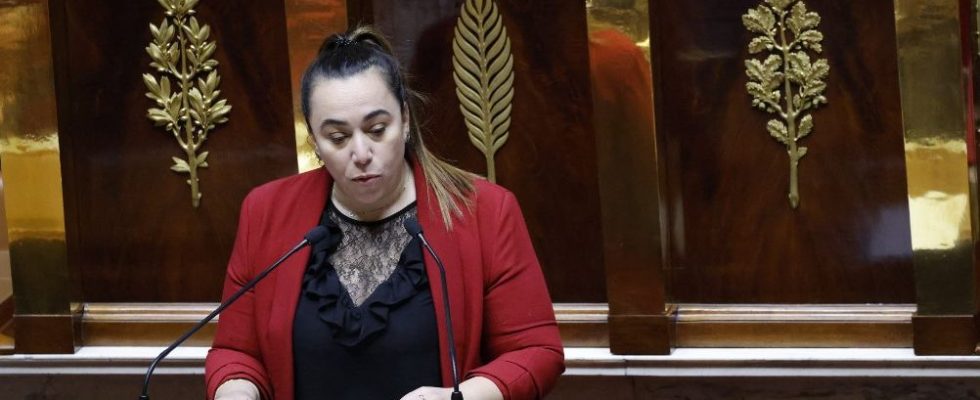It was the first text on the program of the parliamentary niche of the environmental group, this Thursday: a “proposal for a resolution relating to the recognition of the repression of the Algerians of October 17, 1961 in Paris and the commemoration for the memory of the victims”. A symbolic and very political text, to which the ecologists finally, according to information from 20 minutes, decided to waive the price of a “big clash” in a group meeting this Tuesday morning. In question, according to several sources, the low chances of seeing this text adopted by the Assembly, the majority being opposed to the recognition of a “State crime”, as proposed by the EELV deputy Sabrina Sebaihi, rapporteur for the text, and many associations.
But that, “we do not discover it today”, recognized Benjamin Lucas, leader of the ecologists on the text, before the group meeting. Last week, executives of the group insisted on the symbolism of this resolution, affirming that they would refuse to see it distorted by withdrawing the mention of “State crime”. The motivation of ecologists is obviously no longer the same: “We have to make trade-offs to see how much time we spend on such and such a subject. And we have little time, ”explained the president of the group, Cyrielle Châtelain before the decision was made. The parliamentary niche is the day granted to each of the groups, once a year, where it has control over the Assembly’s agenda. For environmentalists, it is therefore this Thursday. But time is limited: the session starts at 9 a.m. and ends what if it happens at midnight. The question of time management, between symbolic texts which we know have little chance of passing and potential victories, is crucial.
At least 120 dead
This type of consideration revolts Sabrina Sebaihi, questioned before the group’s decision: “It’s still complicated to say that we don’t even want to take the time to talk about this subject because we would ”waste time”. The topic of the moment is police violence; imagine the treatment if in Sainte-Soline, there had been 200 deaths because of the police? Is it because on October 17, 1961, it was Algerians? The deputy for Hauts-de-Seine also falls on the majority, “who will vote like this resolution with the RN”, she believes. “Even Benjamin Stora [historien chargé d’une mission sur la mémoire de la guerre d’Algérie par Emmanuel Macron] recognizes that the term ”state crime” applies to what happened that day, ”says the MP.
On that day, or rather that evening, October 17, 1961, several thousand Algerians – at the time French since Algeria was still a colony – gathered in Paris at the call on FLN. They were contesting the curfew imposed on them by the Paris police chief at the time, Maurice Papon. Historians estimate that at least 120 demonstrators were killed that evening and in the following days by the police, in particular by being thrown into the Seine. Long remained in the shadow of the repression of the demonstration of the left against the OAS at the Charonne metro station, on February 8, 1962, October 17, 1961 has gradually come back to memory. Emmanuel Macron had commemorated the 60th anniversary of the event in 2021, without speech, denouncing only “inexcusable crimes (…) committed under the authority of Maurice Papon”.
Some members of the majority have proposed that environmentalists adopt a more consensual resolution and in a cross-partisan form in a few weeks. Sabrina Sebaihi was not opposed to it on principle. “But I’m being asked to replace ‘state crime’ with ‘atrocious events’. It is a lack of respect for the victims and their families: it was a massacre, ”repeats the deputy for Nanterre, where part of the events of October 17, 1961 took place.

